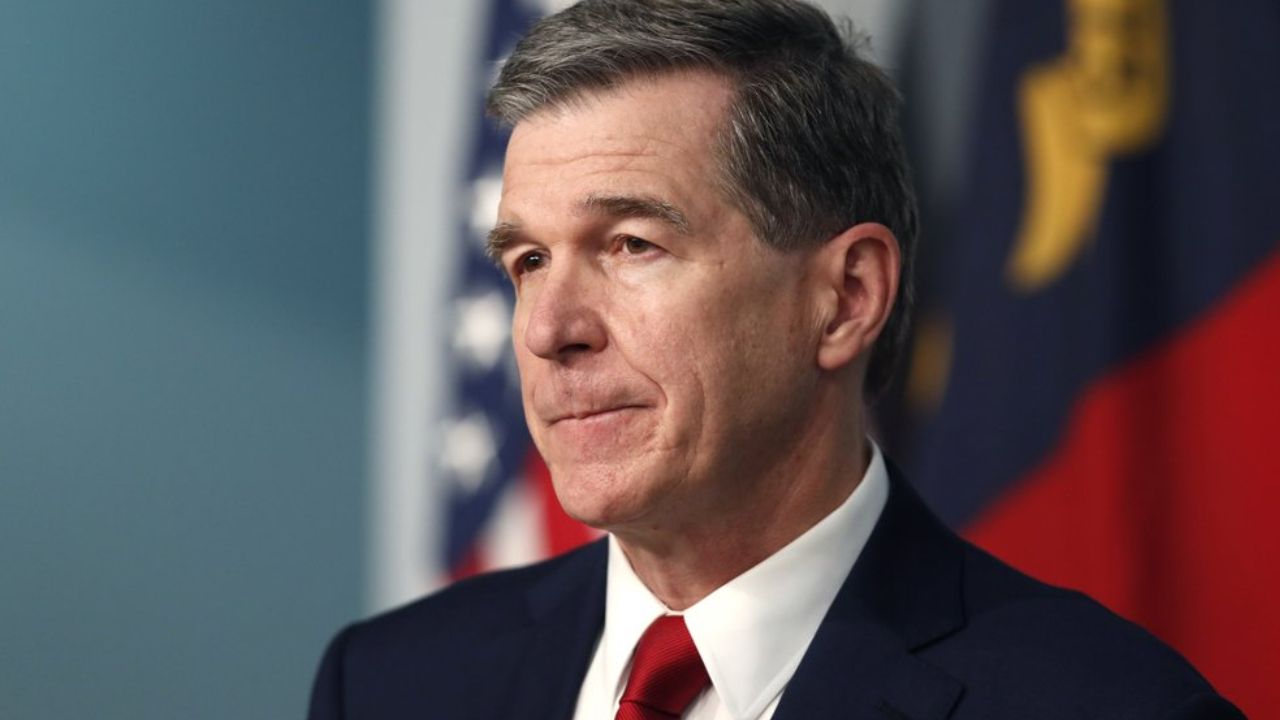RALEIGH, N.C. (AP) — North Carolina Democratic Gov. Roy Cooper vetoed GOP legislation Friday that would ban the promotion of certain beliefs that some lawmakers have likened to critical race theory in state government workplaces.
The move sets up a likely veto override showdown with the General Assembly's Republican supermajority, which initially passed the measure by veto-proof margins in both chambers. While Cooper has used his bully pulpit to rally voters against the most controversial GOP bills passed this session, he has been unable to successfully block any this year.
Starting Dec. 1, anyone entering a state government workplace, such as a private contractor or a diversity trainer, would be prohibited by the bill from compelling employees to believe they should feel guilty or responsible for past actions committed by people of the same race or sex.
Cooper denounced the bill Friday as an attempt to suppress productive workplace discussions related to diversity, equity and inclusion. He criticized the Republican caucus for “pretending that bias and racism don’t exist” when two of their members recently lost leadership positions over comments directed at Black colleagues.
“In North Carolina, the diversity of our people is a strength,” Cooper said in a statement. “This legislation attempts to eliminate training that can help us understand the unconscious bias we all bring to our work and our communities.”
The bill would also prohibit hiring managers for state agencies, community colleges and the University of North Carolina system from compelling a job applicant to opine about their personal or political beliefs as a condition of employment.
Emails seeking comment were sent Friday to the offices of Senate leader Phil Berger and House Speaker Tim Moore.
Critical race theory is an academic framework dating to the 1970s that centers on the idea that racism is systemic in the nation’s institutions and that those institutions maintain the dominance of white people.
The theory is a way of analyzing American history through the lens of racism but has become a catch-all political buzzword for some conservatives who take issue with how schools and other public institutions have addressed diversity and inclusion.



